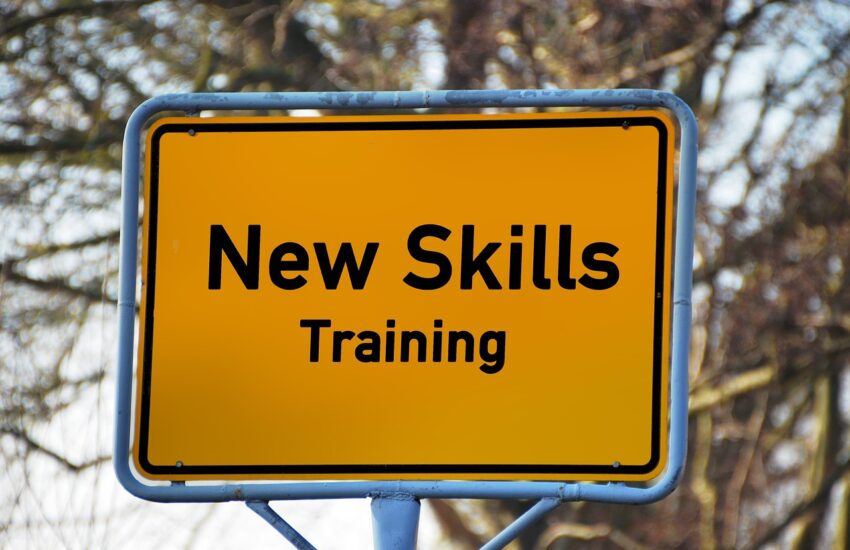Written by: Florian Wierzchowski
I recently heard one of the most beautiful answers to the question, “Why train employees when they can leave?” It read: “And what will you do if your employees don’t get trained and they stay?”.
Well, that’s exactly it. A thriving business, whether you run it yourself or rely on other people, requires the highest possible and matching competencies. When we realize several facts:
- neither schools nor universities prepare anyone for a profession,
- no one is born with any skills,
- knowledge and competence are aging all the time,
- we can’t do much on our own,
- mistakes cost money, and through costs and lack of revenue, companies collapse,
then we will also realize that we need competent people in our resources, who will be able to skillfully perform certain outsourced activities in the company.
Because what do you do if your employees are not trained, and they stay in your company? In the first place, imagine a company with untrained, incompetent people. Such people, however fantastic they may be in non-work matters, will not perform the assigned tasks during the workday, because they will not know how to do them. They will make mistakes too often, and good execution will be a matter of chance, or at best, before they take any action they will ask you notoriously how to do something – and you, after all, not only don’t need to know everything, but realize that you won’t. And what happens then?
Perhaps, as a result of the work not done and mistakes made, your company will not obtain orders, or the ones obtained will not be done or will be done defectively and then have to be corrected, done again under a complaint order. You will lose customers, time and production materials. You will lose reputation and good name. Perhaps you will expose yourself to tax consequences as a result of poorly done accounting work. Perhaps you will fail to obtain financing from a bank because the results will be miscalculated. Perhaps even someone untrained in seemingly mundane matters like occupational health and safety will suffer injury or death and you will have a prosecutor on your back. Ultimately, you’ll lose confidence in your employees and either fire them and replace them with new ones, counting on luck that they’ll be better, or do everything yourself out of a lack of confidence in anyone. You will forget about delegating, because it will simply be impossible under such conditions. And all this happens due to the lack of proper training of your people. In a word – a disaster.
As I wrote earlier about assets, one of the company’s assets is people – human resources. You should treat any training for these people as an investment in improving your assets. Just as you can improve a machine by making modifications, such as to its software, you can also improve your human resources aimed at increasing the knowledge of those assets. People will then not only do their work with greater efficiency, speed, fewer errors, effectiveness, but they will know and feel that your company is invested in them, and this has its value. People who are competent, feel needed, confident and will certainly surprise you more than once in a positive way, and you will be able to rely on them. And remember – take care of your competence yourself, too. Develop and educate both yourself and people. You too are an asset to your company.

